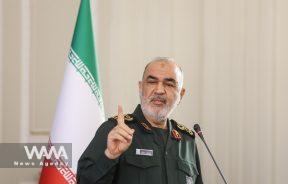The Door of This Home Is Open to Lebanese Refugees
WANA (Oct 10) – In the heart of Qom, where the shrine of Hazrat Masoumeh stands, a Lebanese woman, “Um Ali,” finds herself deeply connected to Iran and her homeland, Lebanon. Eleven years ago, she married into an Iranian family and has since lived in Iran. However, her heart remains tied to Lebanon, a land constantly ravaged by war and conflict.
One evening, as the news of Iran’s “True Promise 2” missile operation against Israel broke out, Um Ali’s brother in Beirut shared the joy spreading through his home. Two war-torn families they were hosting erupted into cheers as they watched Iranian missiles light up the skies. The sounds of clapping, shouting, and pure elation filled the house as those affected by Israeli bombings found a moment of triumph in the sight of resistance.
Though Um Ali’s heart swelled with pride for her country’s response, her memories of Israeli bombardments during her childhood filled her with anxiety. She couldn’t help but pray for safety, fearing retaliation. Nevertheless, as the operation succeeded without a response from Israel, she was able to let out a sigh of relief.
For the people of Lebanon, the operation was more than a strategic win; it was a glimmer of hope. After the devastating loss of leaders like Hassan Nasrallah and Ismail Haniyeh, rumours spread online that Iran had abandoned its allies. The missile strike shattered this narrative, reaffirming Iran’s unwavering support. For Um Ali, it was not just a political statement but a personal victory, renewing the spirits of the Lebanese people to stand firm against the oppression they had long faced.
Lebanon, known as the Bride of the Middle East, a land rich in culture, history, and diversity, has long been a target of Israeli aggression. Despite its small size, the nation’s spirit is immense. A country that boasts a great diversity of cultures and religions. Its proximity to Europe and Africa has led to many migrants living in our country.
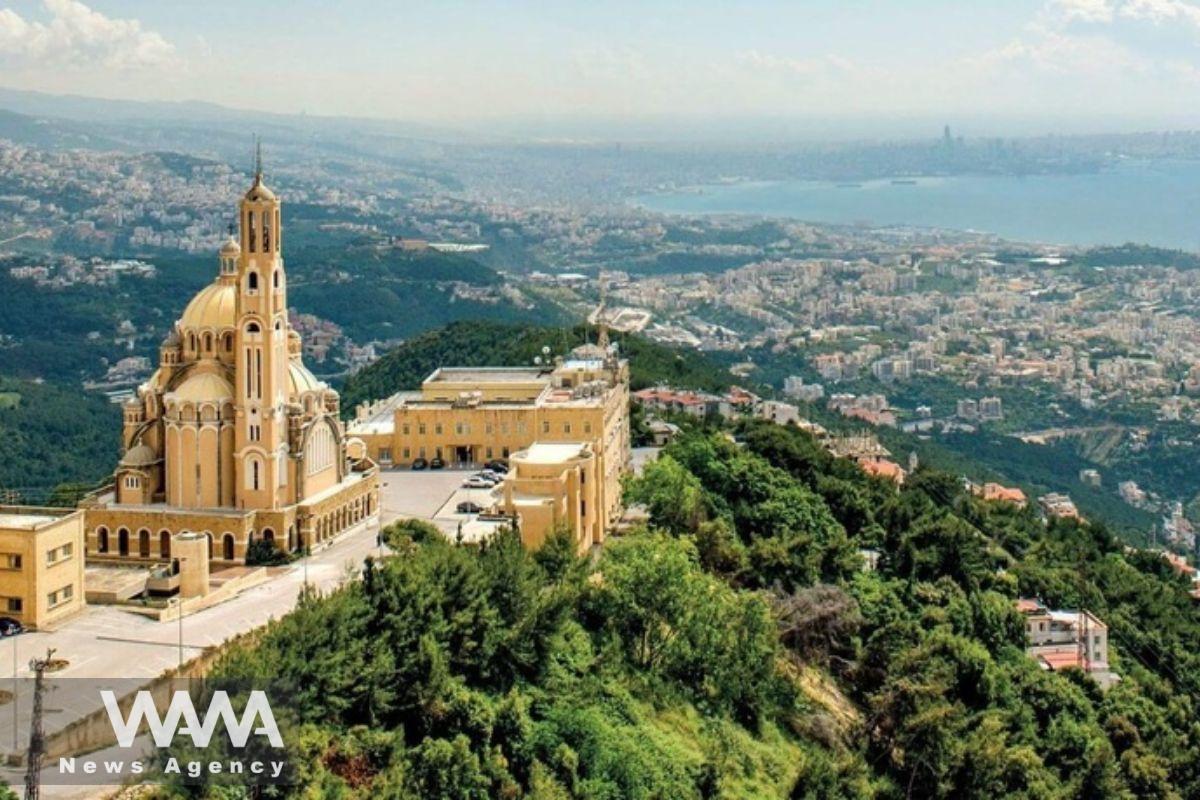
Lebanon. Social media/ WANA News Agency
This is why, in most families, you find someone who has married into the family as a migrant. This cultural mixing has helped most Lebanese become fluent in Arabic, French, and English. Some are even familiar with Turkish and Armenian languages.
This cultural richness has led to a complete lack of racism among the people in Lebanon. In such an environment, Lebanese and non-Lebanese, Christians and Muslims, Shia and Sunni easily become friends, business partners, and even marry each other.
Now, if you consider that the Lebanese nation, despite its cultural and religious diversity, shares a common trait—the spirit of resistance against the enemy—you’ll better understand why Israel has been trying for years to take revenge on this land and its people through invasions, wars, and massacres.
Um Ali’s mind and heart are filled with examples of the unity and resistance of the Lebanese people against the relentless aggressor that adheres to no rules or red lines: “The people of Lebanon have always supported and backed the Resistance Axis, and with this unity and solidarity, they have successfully endured many wars and hardships together. From the Qana massacre in 1996, which occurred when I was ten years old, to Israel’s withdrawal from Lebanon in 2000 during my teenage years, and the significant victories of Hezbollah during the 33-day war in 2006, which I witnessed in my youth, the Lebanese people have never ceased to support the Resistance Axis against the Israeli invading army. This spirit of unity and resistance persists in Lebanon today; today, as many have been martyred due to the brutal assaults of the Zionists in recent weeks, and over a million people have been displaced from their homes.”
The Lebanese woman living in Iran, Um Ali, shares her grief over the plight of her fellow citizens. For the past few weeks, bombs have once again struck Lebanese towns, leaving many mothers mourning their children.
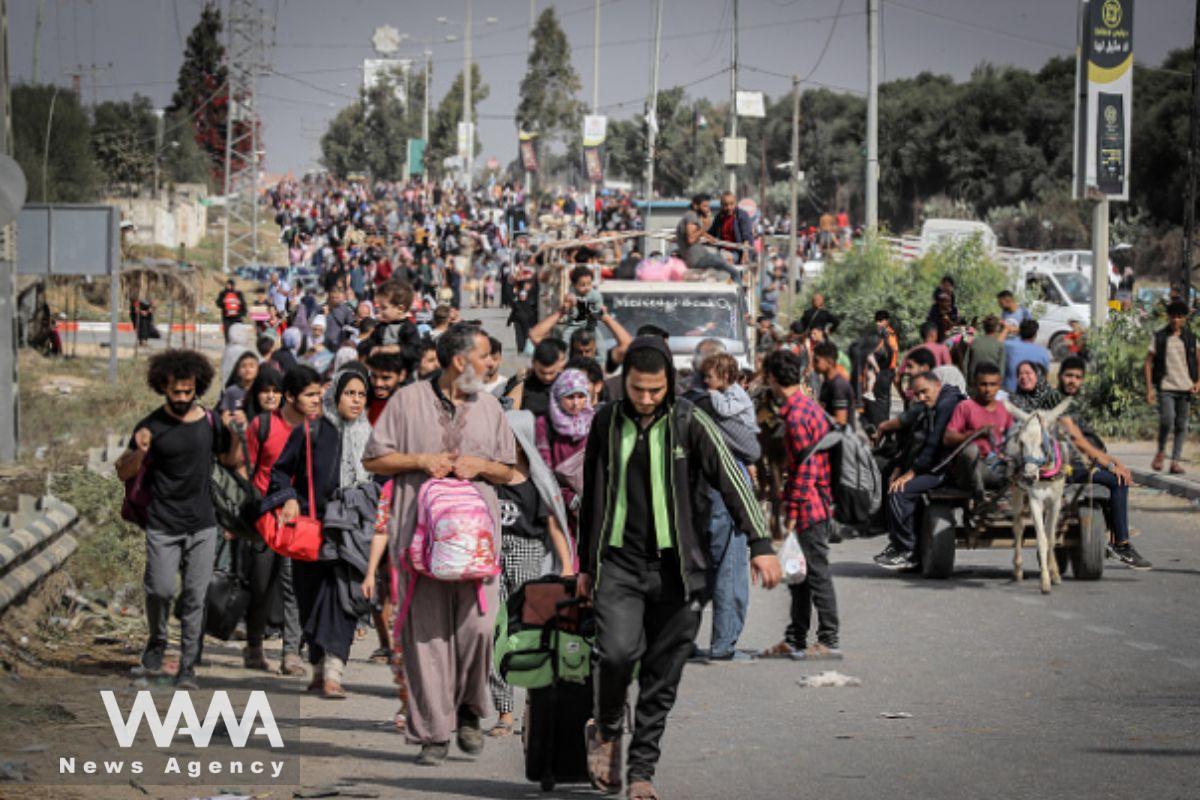
Lebanese Refugees. Social media/ WANA News Agency
When discussing the recent war, Umm Ali shakes her head sadly, stating, “The people of Lebanon are no strangers to war, but this time it’s different. Although there hasn’t been a conventional war in recent years, we’ve been enduring a severe economic war. After the COVID-19 pandemic, coupled with Israeli sanctions and various crises, the value of the Lebanese pound plummeted against the dollar, leading to horrific inflation and economic recession. With Israel starting a new war, the consequences have been devastating for us, leaving the people under immense pressure.”
Now, Israeli forces are using advanced methods, including artificial intelligence, to target cities and villages, causing unprecedented destruction and loss of life. In just three days of fighting, the death toll reached 1,300 and has surpassed that of the 33-day war.
Despite the violence, Israel’s brutality has united the Lebanese people. Regardless of religious affiliation, communities across the country have opened their homes to war victims. Mosques, schools, and churches have become shelters, with Christians providing food and blankets to displaced Muslim families. In one touching scene, Muslims have found refuge in churches, praying with their Christian neighbours’ help.
Umm Ali, who stays updated through friends in Lebanon, speaks of widespread efforts to help war victims. Psychologists, volunteers, and youth groups are supporting traumatized children, while businesses and factories are working tirelessly to provide essentials like blankets and mattresses. A local shopkeeper even gave away his sportswear stock to those living in tents on the streets.
Lebanon is in dire need. Israeli bombings have intentionally targeted food storage facilities, worsening the humanitarian crisis. Factories are calling for donations of materials to continue producing essential goods for displaced families. Umm Ali and others are collecting donations, especially financial aid, to send to Lebanon, where trusted intermediaries use it to buy necessary supplies.
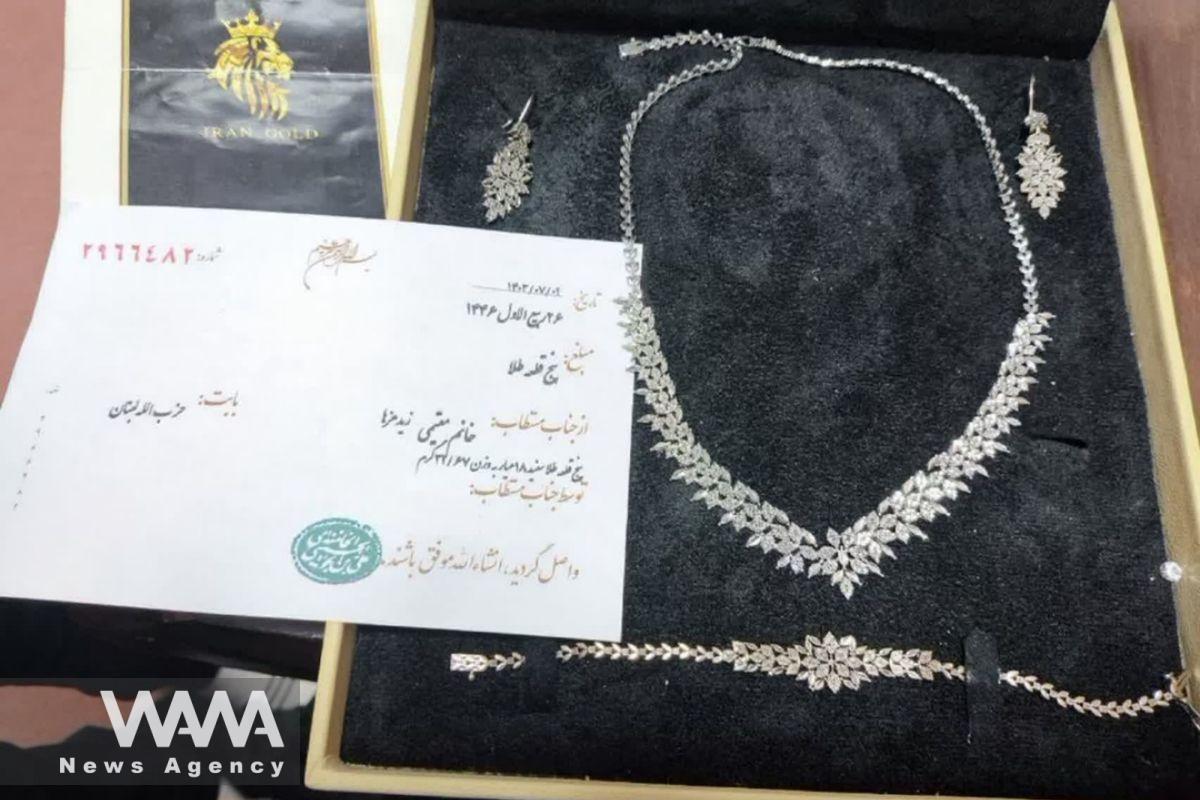
A gold service donated by an Iranian woman to the people of Lebanon, valued at $1,918. Social media/ WANA News Agency
For example, my brothers, who manage several schools and a community centre in Lebanon, have turned these facilities into refugee camps, providing hospitality to those displaced by the war. They are also connected to several shelters in surrounding cities and villages to extend their support, she said. In her words, the Lebanese people are enduring unimaginable hardships, and any help, big or small, can save lives in this crisis.
Um Ali explained that when the Israeli attacks on Lebanon began, she anxiously reached out to her brothers in Lebanon. She urged them to come to Iran and temporarily stay in her home in Qom. However, her brothers firmly stated they would never leave Lebanon, even if it cost them their lives. Disheartened by their refusal, Um Ali suggested at least sending their children to Iran, but they remained committed to their homeland.
Um Ali, whose heart ached to help her war-torn compatriots, didn’t want to limit her efforts to merely collecting financial aid for Lebanese refugees. After living in Qom for eleven years and becoming familiar with the hospitality of the Iranian people, she decided to play a more significant role in supporting them.
When she learned that some of her school friends, now mothers caught in the war, were among the refugees, she became restless. She invited these friends to come to Iran with their children and stay at her home. Hearing their positive response filled her with joy.
Um Ali and her family immediately got to work. She cleared her sons’ beds to create more space for guests. They prepared blankets and sheets and even arranged for an extra refrigerator to be fully ready for their visitors. Everything was set for her friends’ arrival until the news came that flights between Iran and Lebanon had been cancelled. Although this news saddened the family, Um Ali remained hopeful and continued to pursue the journey of these loved ones.
In the end, she firmly declared, “The door of our home in Qom is always open to the beloved people of Lebanon. We are still waiting for them and will spare no effort to help.”
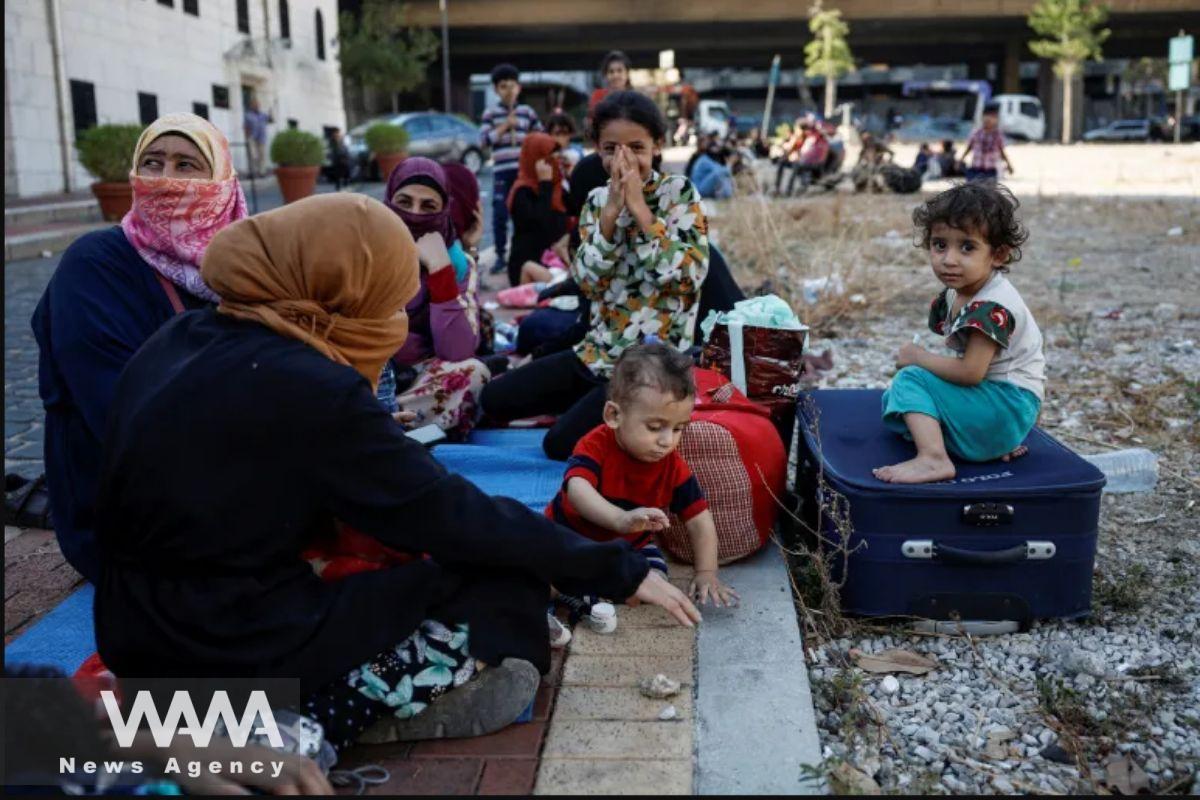
Lebanese Refugees. Social media/ WANA News Agency










